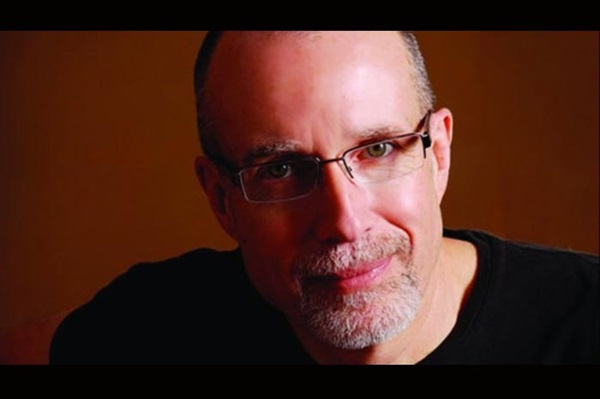What is your ministry context?
I am the senior pastor of Ginghamsburg Church, a United Methodist congregation in Tipp City, Ohio, a small city of 9,300 people just north of Dayton, in the heart of the "rust belt." When I arrived at Ginghamsburg over 30 years ago, I inherited a 104-year-old small country church on a quarter of an acre, with fewer than 100 members and an annual budget of $27,000. In 2008, Forbes magazine named Dayton as one of the 10 fastest dying and 10 emptiest cities in America. Today, however, roughly 4,500 people worship, attend class, serve, or find community each week on Ginghamsburg's campus
What do you like most about teaching (mentoring) at United?
I appreciate the way United Theological Seminary provides contextual experiences for students. Students can go beyond simply hearing lectures and participating in theological debates to actually learning in experiential, "hands-on" settings.
Tell us about a significant project you've worked on.
In 1999, I was reading the Dayton Daily News when my eye was drawn to a picture of a clearly emaciated child featured in an article about famine in the Sudan and the tragedies of the civil war between North and South Sudan. Although that experience did not lead me to immediate action, I could not shake the conviction that I was supposed to do something about it.
In the fall of 2004, I was reading one of the very few news stories published in that entire year about the crisis in Darfur that had begun in 2003. Hundreds of thousands in Darfur were at risk of starvation since the violence had prevented crop planting at the start of the growing season. At that time, I clearly felt God's urging to engage the Ginghamsburg faith community, "no holds barred," into serving the needs of the vulnerable victims of this senseless war. That Advent season, I reminded Ginghamsburg attendees, "Christmas is not your birthday…it's Jesus' birthday!" and challenged everyone to have a simple Christmas that year. All were asked to spend only half as much on their own Christmas as they would normally spend and to give the rest as a Christmas Miracle Offering to serve the people of Darfur. That same challenge has been issued in all subsequent Advent seasons, generating a total of $4.4 million for humanitarian development projects in Darfur from January 2005 to January 2009.
Why do you believe in United?
For as long as I have been associated with United, it has been committed to innovation. More importantly, although innovative, United has remained committed to biblical faith and to the Wesleyan theology of both personal and social holiness.
Any advice for current and incoming students?
Maximize your time at United. Remember you are not there simply to become a great biblical scholar but to become a successful practitioner of ministry and mission. This is your opportunity to develop a strong base for future success, figuring out not only the "what" of ministry but the critical "how to's" for building and leading missional movements.
United Theological Seminary website, Dayton, Ohio
One of seven apportioned giving opportunities of The United Methodist Church, the Ministerial Education Fund is at the heart of preparing people for making disciples of Jesus Christ for the transformation of the world. The 13 United Methodist seminaries help students to discover their calling through the challenging curriculum. The fund enables the church to increase financial support for recruiting and educating ordained and diaconal ministers and to equip annual conferences to meet increased demands. Please encourage your leaders and congregations to support the Ministerial Education Fund apportionment at 100 percent.





